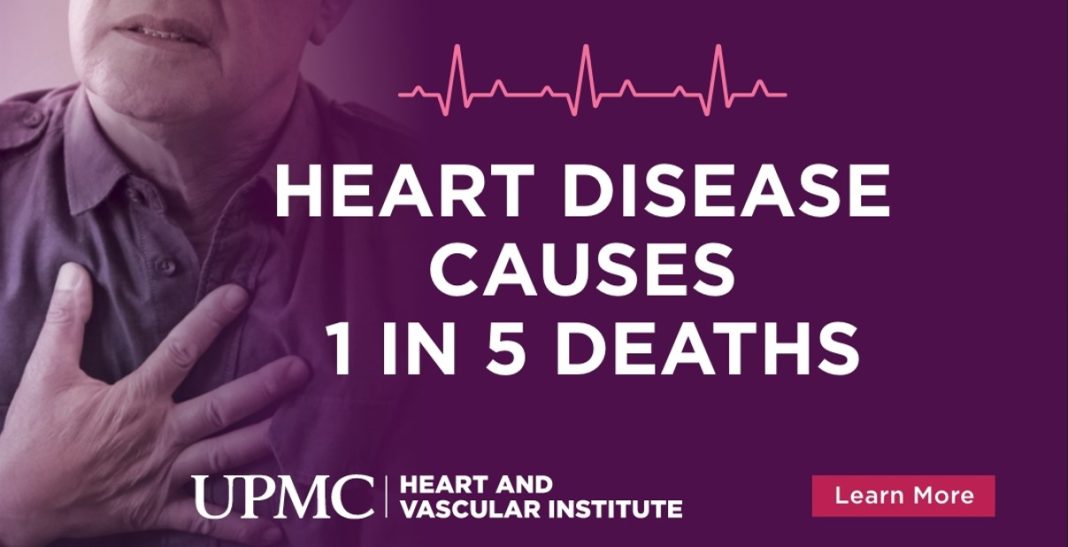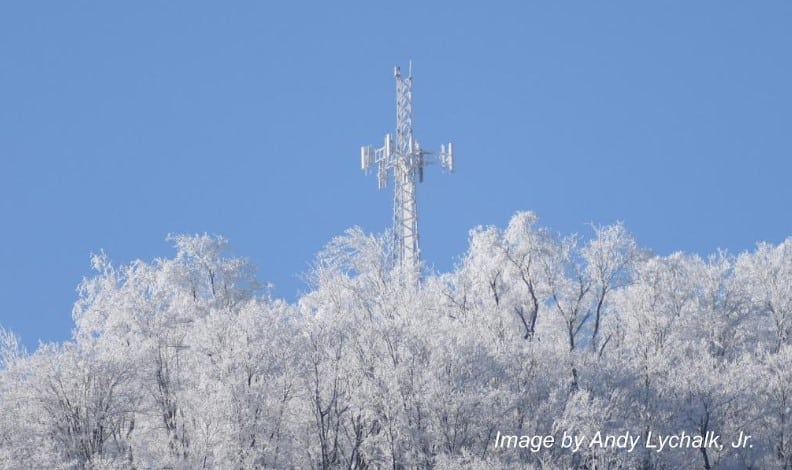Access to Quality Health Care Necessary for Communities to Thrive

As a rural health physician, I witness firsthand the profound connection between access to quality health care and the overall health of our community. It is a connection we must prioritize if we wish to foster vibrant, resilient rural areas where families can thrive.
When people can access quality care, the benefits extend far beyond the individual. Preventative services, management of chronic illnesses, and timely treatment saves lives and empowers people to live more productive, fulfilling lives. This, in turn, bolsters our local economy, enhances educational outcomes, and creates a stronger sense of community. Unfortunately, across the Commonwealth, access to quality health care is decreasing.
Pennsylvania has the third largest rural population in the country with 48 of our 67 counties considered rural by the Center for Rural Pennsylvania. Rural communities face unique challenges. Distance, provider shortages, and financial barriers often prevent residents from getting necessary care. In some cases, people must travel hours for a simple check-up, leading to delays in care that can have devastating consequences. We cannot afford to ignore these disparities.
Viable solutions are available but will take several years to have an impact. Investments in rural health infrastructure—such as expanding broadband for telemedicine, increasing funding for rural clinics, and supporting programs to recruit and retain healthcare providers—are vital.
UPMC Rural Family Medicine Residency is an innovative way that UPMC is committed to ensuring care stays local in the rural communities we serve. In the program, two residents train for their first year of residency at UPMC Family Medicine Residency in Williamsport and then complete their second and third years of the program at either UPMC Wellsboro or UPMC Cole (Coudersport). The program is one of only two integrated rural training track accredited programs in Pennsylvania. Research has demonstrated that clinical students from rural areas are more likely to return to those areas to live, work, and serve the community after completing their training. Providing pathways for medical residents to learn and train in rural areas has been shown to increase rural practice by six-fold.
Healthy communities start with access to care but sustaining them requires everyone’s engagement. We must work together to educate and empower individuals to prioritize their health and use available resources effectively. I urge community members to advocate for policies that expand access to health services and support local health initiatives. Together, we can ensure that no one in our community is left behind when it comes to health care.
John Boll, Jr., D.O., F.A.A.F.P.
Program Director, UPMC Rural Family Medicine Residency
Associate Director, UPMC Williamsport Family Medicine Residency





